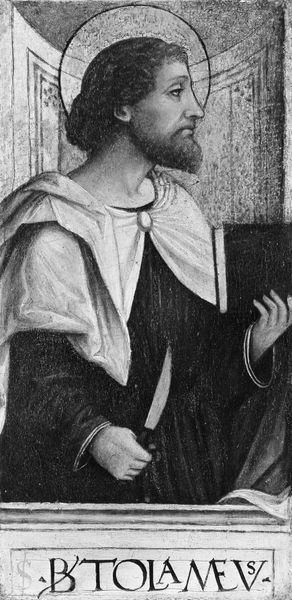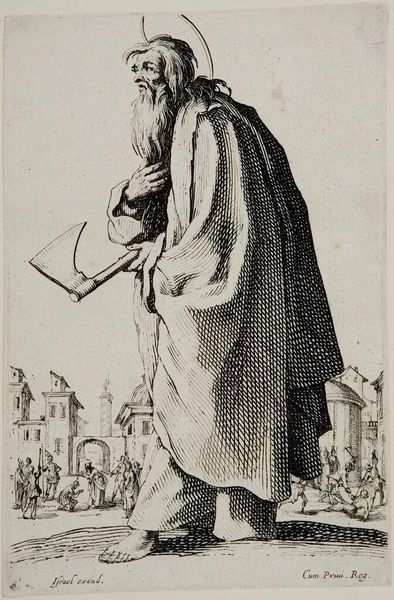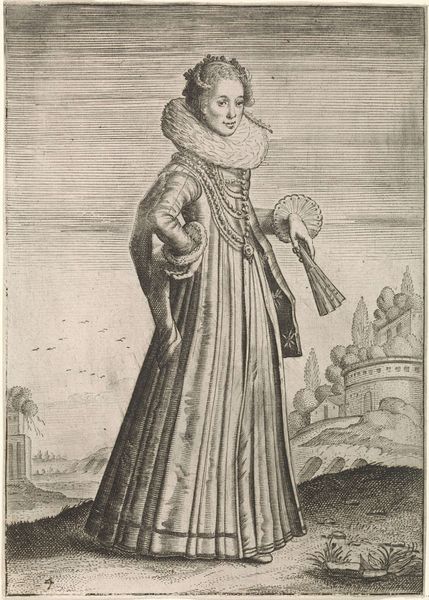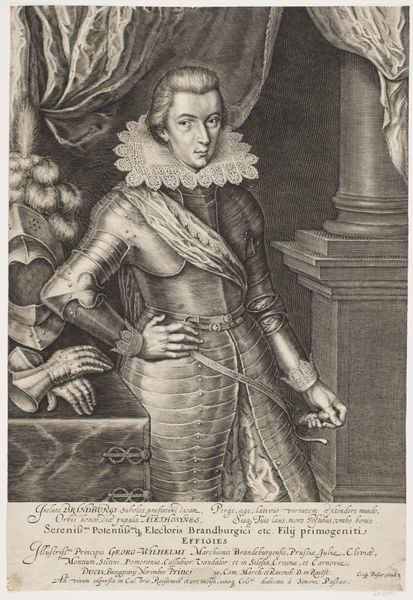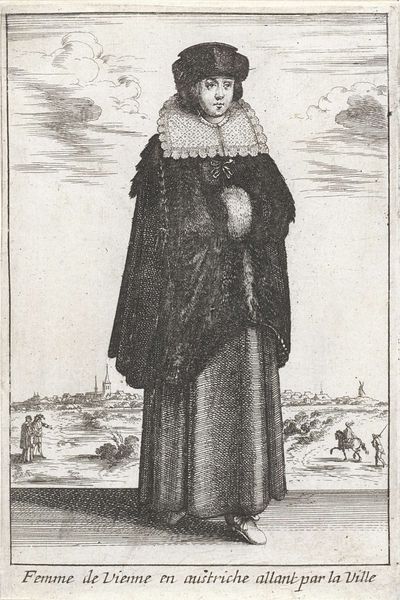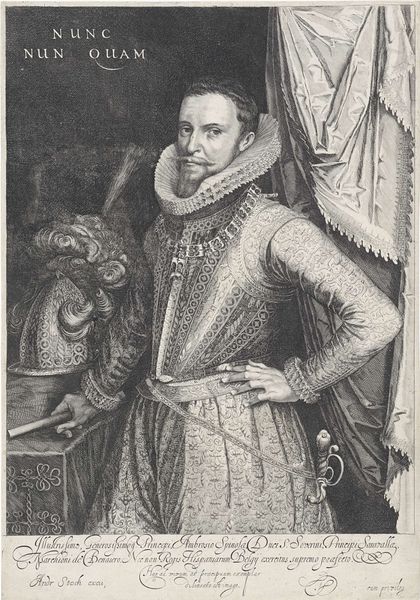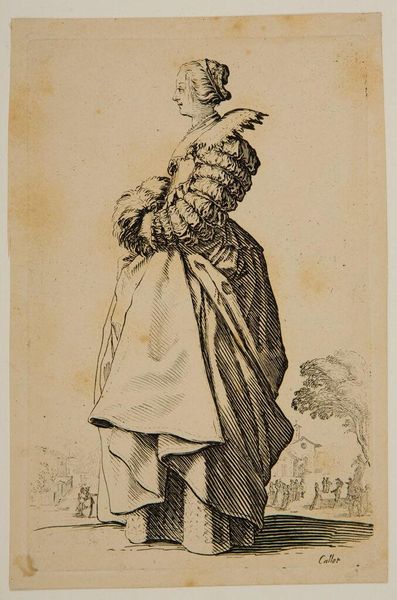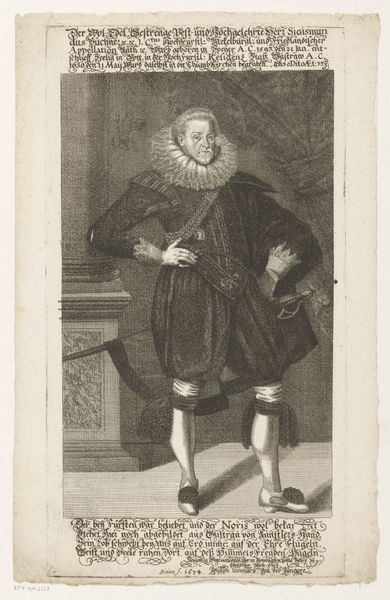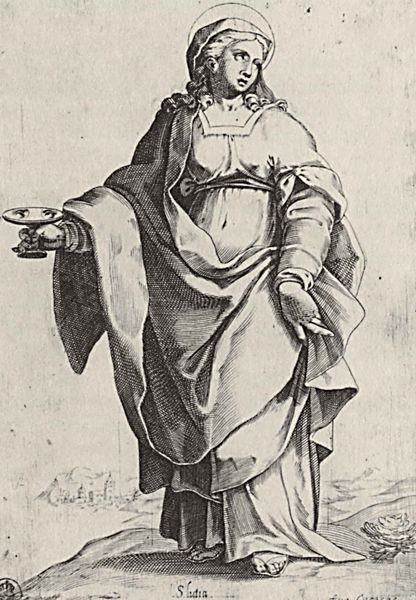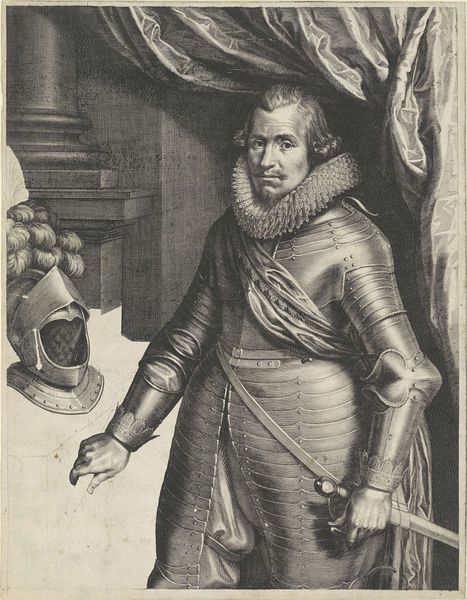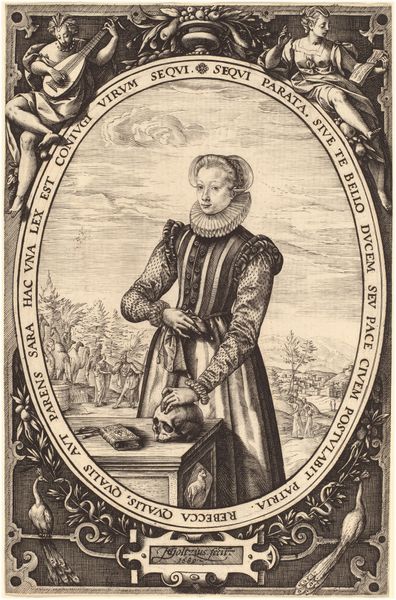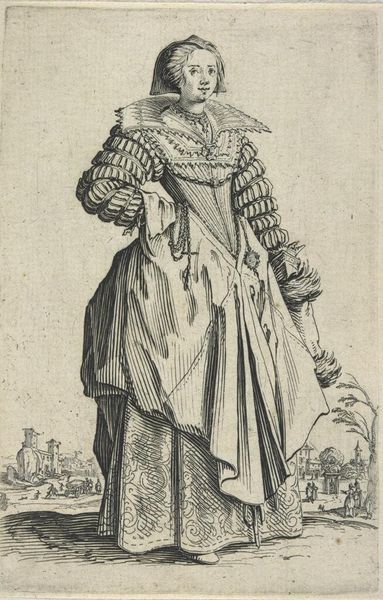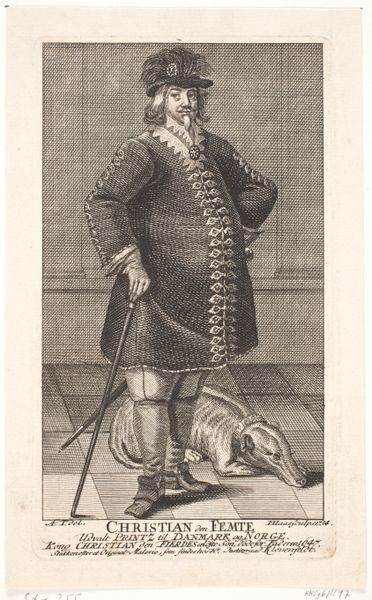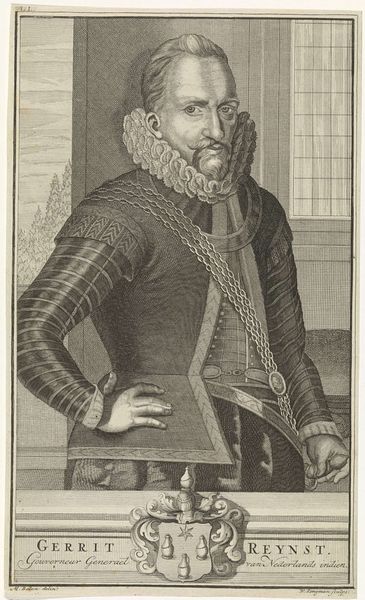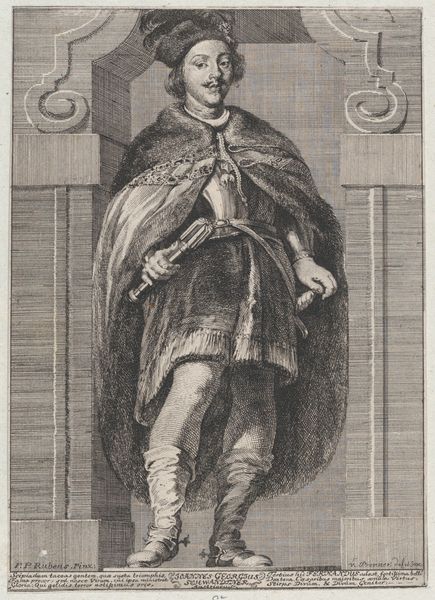
oil-paint
#
portrait
#
baroque
#
oil-paint
#
figuration
#
history-painting
#
realism
Dimensions: 123.5 x 199 cm
Copyright: Public domain
Rembrandt van Rijn produced this striking oil on canvas portrait of an unknown man in the Netherlands, likely in the 1650s. The sitter's assured gaze and confident pose, coupled with his expensive black attire and fashionable hat, suggest a man of means and status within Dutch society. Painted during the Dutch Golden Age, a period of great economic prosperity and cultural flourishing, this portrait reflects the values of the emerging merchant class. The subject's clothing, from the lace collar to the meticulously rendered leather breeches, speaks to a society that valued material wealth and individual achievement. But the institutional history of portraiture also plays a part. Rembrandt and other painters of the Dutch Golden Age were instrumental in establishing portraiture as a public demonstration of status. To understand this artwork more fully, we need to consider the economic structures of 17th-century Holland. The rise of powerful merchant class created a new audience for art, and it helped shape the way artists like Rembrandt depicted the world around them. The meaning of art is always contingent on its social and institutional context.
Comments
No comments
Be the first to comment and join the conversation on the ultimate creative platform.
